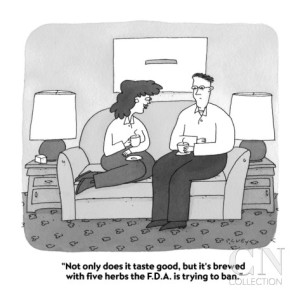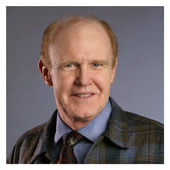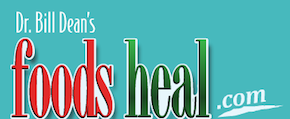Nutritional Likes and Dislikes
 We all have likes and dislikes in our nutritional diet, don't we? In the energy science we call them cravings that are physiologic and nonphysiologic The former should be satisfied like being thirsty after sweating a lot But the latter are problematic for us and often stem from our past history, friends, teachers, but some are darn right desires that try as we might we can't explain why we avoid or are attracted to them.
We all have likes and dislikes in our nutritional diet, don't we? In the energy science we call them cravings that are physiologic and nonphysiologic The former should be satisfied like being thirsty after sweating a lot But the latter are problematic for us and often stem from our past history, friends, teachers, but some are darn right desires that try as we might we can't explain why we avoid or are attracted to them.
So we like things such as coffee, tomatoes, carbonated drinks, hot spices everyday, animal foods such as beef, duck, lamb, pork. We all have that salivation list.
If we look at these through the lens of an energy science nutritional approach we find them as yea and nay, that is yes for you but not for another; and vice versa no for you and yes for the other.
But there are foods and drinks that are universally Nay for everyone and Yea for everyone. Take a look.
Nays Raw tomatoes, bread with yeast(not toasted), miso, store bought yogurt, pork and lamb, chocolate, coffee, hard liquor, carbonated drinks, icy cold drinks, white sugar, and poor food combinations.
Yeas Sweet apples, applesauce, sweet berries and cherries, cooked beets, cooked carrots, green beans, cooked leeks, okra, cooked peas, sweet potatoes, summer squash, seitan, sprouted wheat bread(nonyeasted), split mung dal, goat's milk cottage cheese, egg whites, freshwater fish, ghee, aloe vera, sweet berry juice, tea, grain coffee, grape and mango juice, peach nectar, all the cooling spices, supplements such as calcium magnesium and zinc in moderate amounts, chlorella.
Three observations come to mind for me. There are more yeas than nays. YEA!
Secondly the nays have a lot of attractiveness to them for us in general. White sugar, chocolate are screamers but bread with yeast(if not toasted), and carbonated drinks are also engaging as well.
And lastly, the message is that no matter what energy pattern combination you are as revealed at foodsheal.com there is plenty to eat without risking nutritional imbalance. What a deal, huh?




